
Loading...
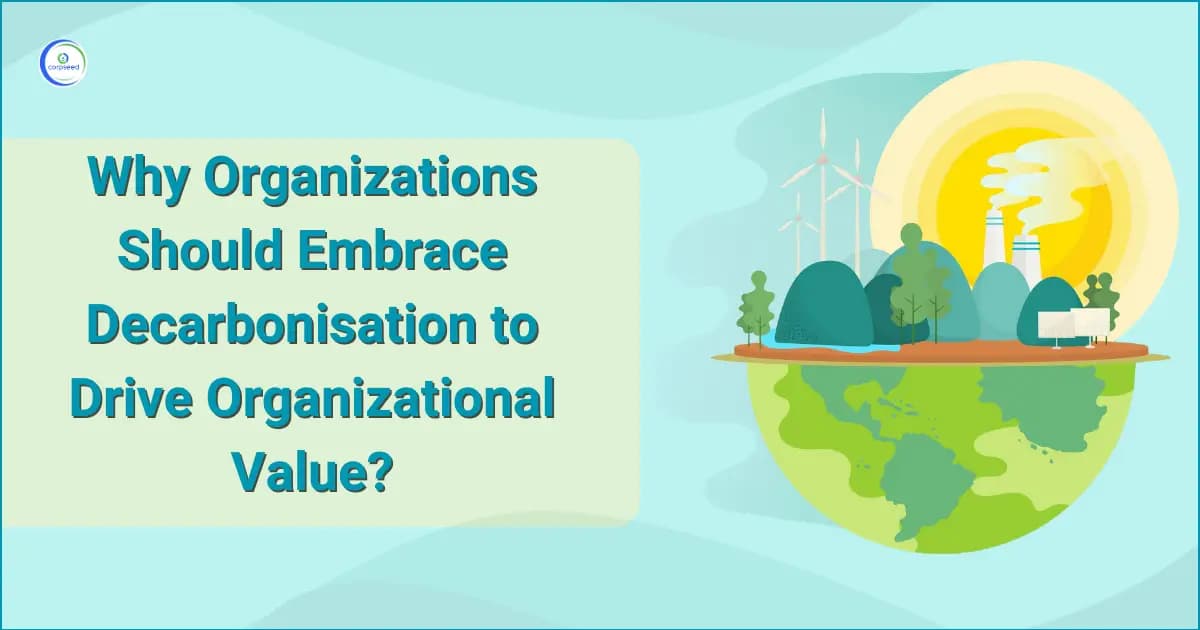
By adopting sustainable practices, businesses reap numerous benefits that add value and improve their growth and reputation.
About the Author

Parul Bohral, a BALLB graduate and experienced legal researcher and content writer with expertise in various legal areas, including corporate law and intellectual property. I have gained valuable experience in esteemed legal environments, where I have strengthened my research skills, allowing me to approach legal writing with precision and depth.
As a legal content writer, I am committed to delivering work that not only informs but also engages readers. By staying informed about the latest trends in content marketing and regulatory developments, I ensure that my writing remains sophisticated and meets industry standards. My dedication to thorough research enables me to craft content that is both insightful and impactful.
Related articles
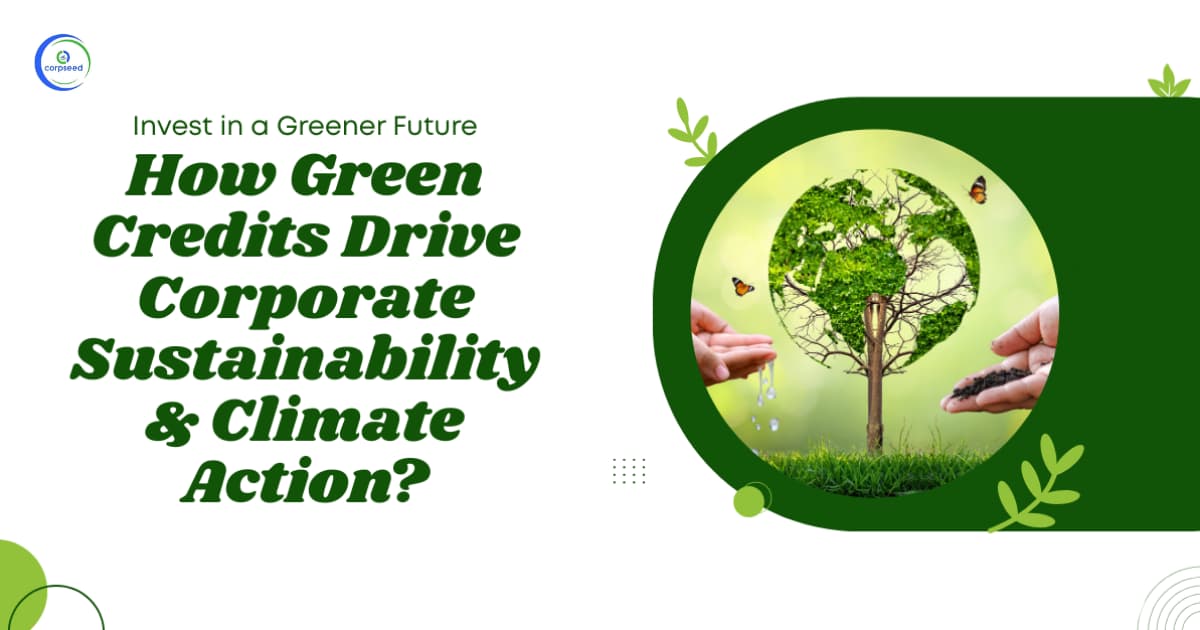
Invest in a Greener Future: How Green Credits Drive Corporate Sustainability & Climate Action?
2025-12-22
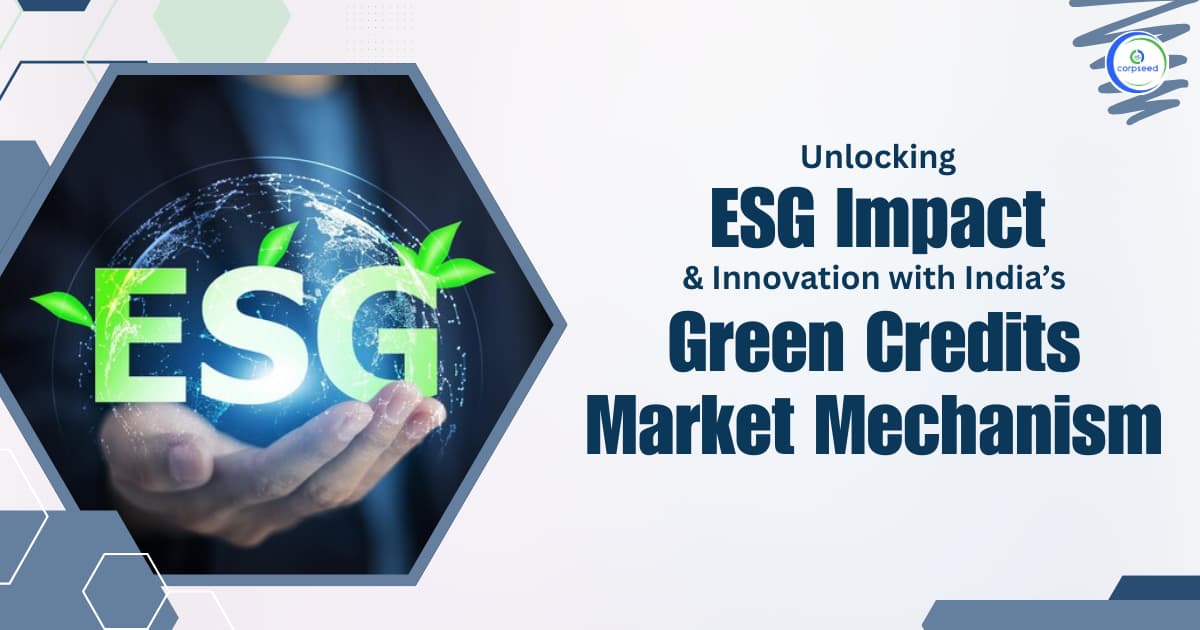
Unlocking ESG Impact & Innovation with India’s Green Credits Market Mechanism
2025-12-16

Why Companies are Investing in Carbon Credits to Achieve Net Zero?
2025-12-12
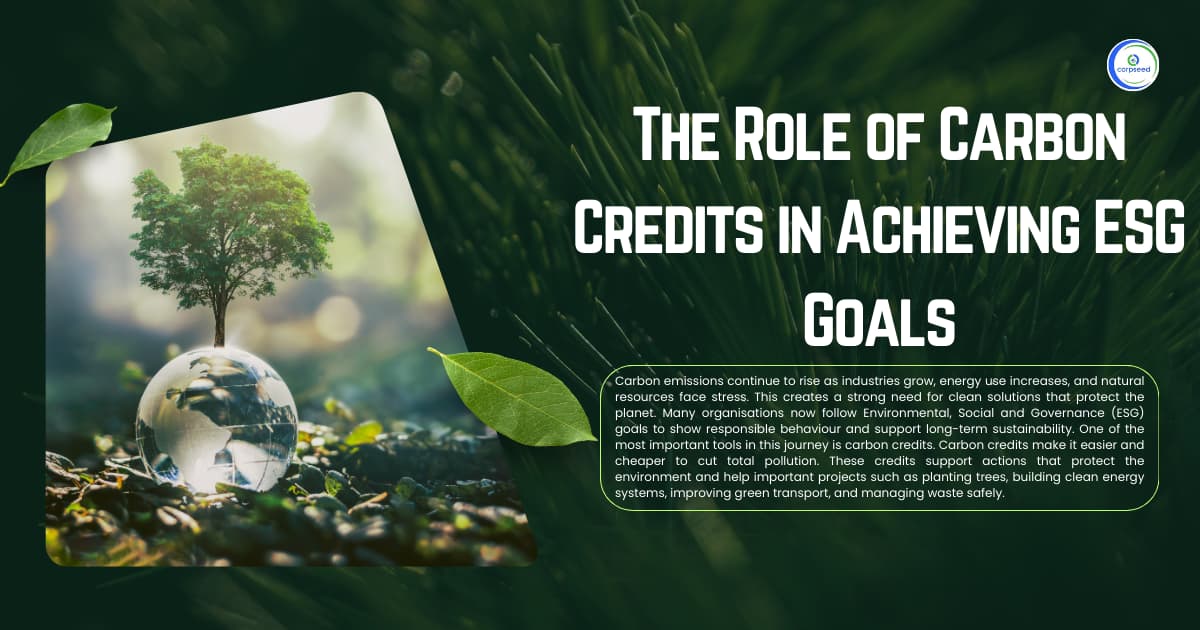
The Role of Carbon Credits in Achieving ESG Goals
2025-12-11
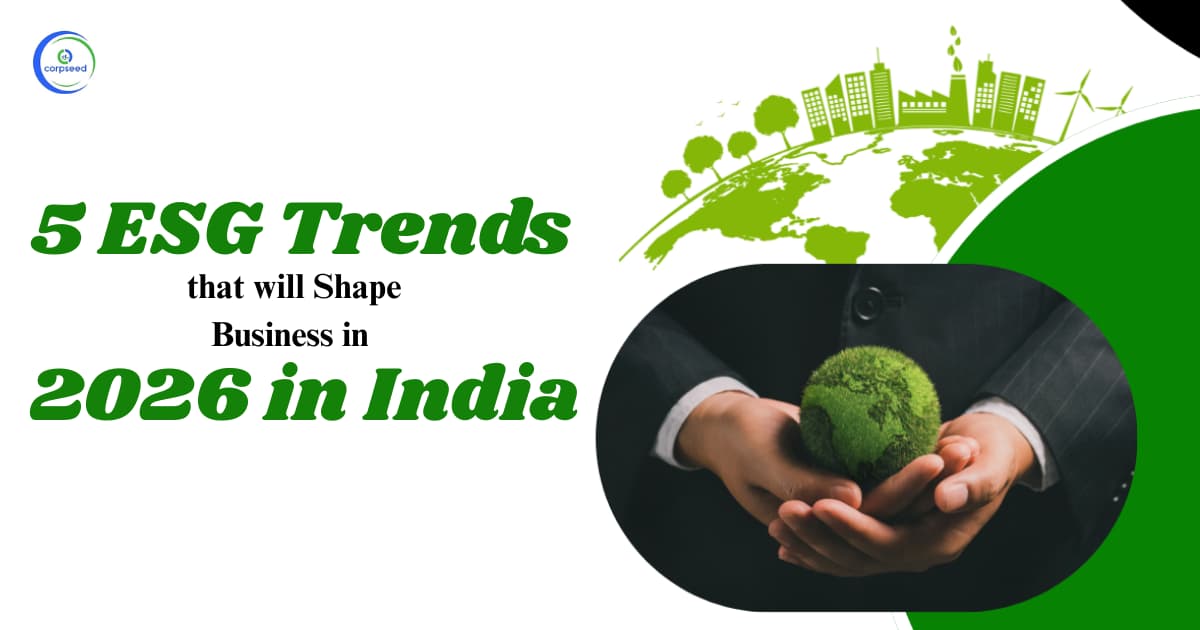
5 ESG Trends that will Shape Business in 2026 in India
2025-12-10
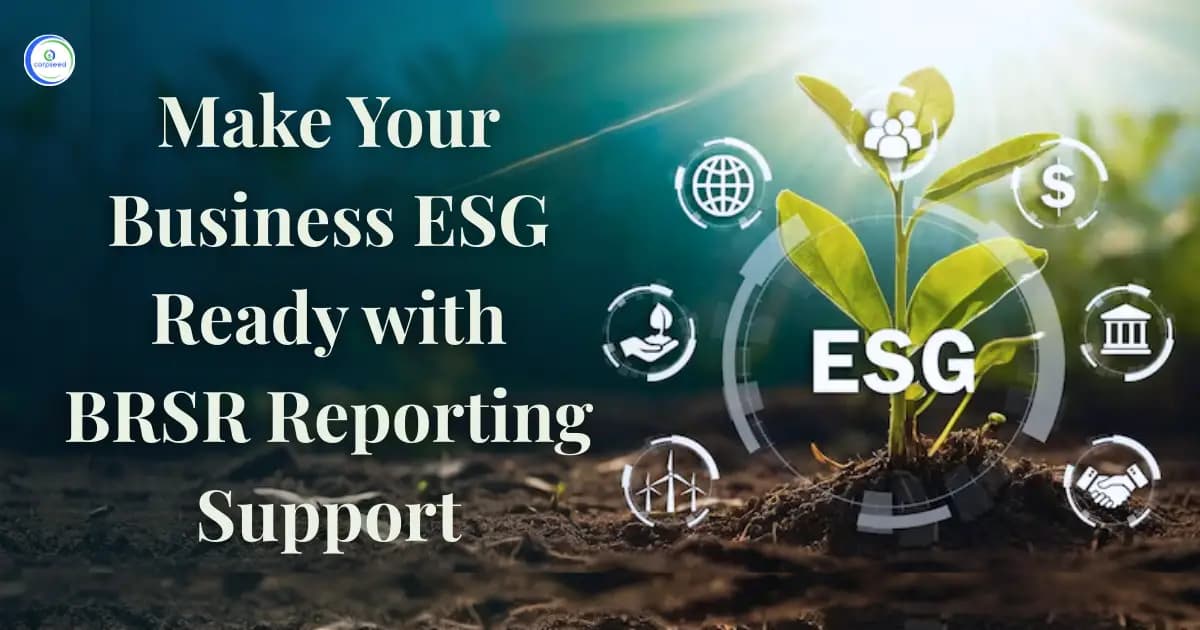
Make Your Business ESG Ready with BRSR Reporting Support
2025-12-02
Delhi Legal Metrology (Enforcement) Amendment Rules, 2026
2026-02-24 • 0 views
2023-02-27
2026-02-25